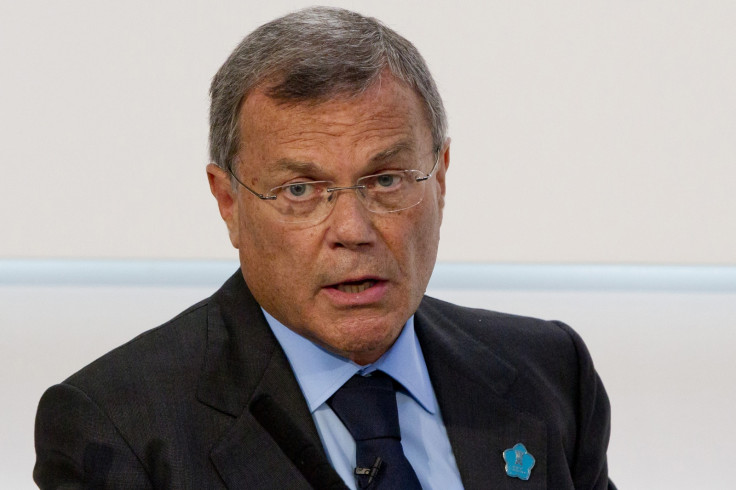James Caan: Are CEOs worth 183 times more than your average worker?
Earlier this week, figures from The High Pay Centre revealed that chief executives at FTSE 100 companies earned 183 times the average salary of a worker in the UK – that average salary being £27,000 ($42,000) versus the average CEO salary of £5m ($8m).
Inevitably, a flurry of differing arguments emerged; some outraged, some more understanding. Some criticising businesses for illustrating unnecessary greed – "Pay packages of this size go far beyond what is sensible or necessary to reward and inspire top executives," said High Pay Centre director Deborah Hargreaves – and others highlighting the need for competitive rates in order to maintain a good talent attraction strategy.

This is a difficult issue to decipher because we don't have an obvious solution to satisfy everybody. People understand that salaries of this proportion are abnormal but we also need to take into consideration the concept of supply and demand.
The UK workforce is comprised of about 23 million people, approximately 10 million of these are available to hire at a level of £27,000 but the pool of people who are available, competent and experienced enough to take on a FTSE 100 CEO role is much smaller.
When you put it that way, how can we not pay a competitive rate to attract the best CEOs for our top UK businesses? As the market rate changes and adapts, so must we. There are only a handful of people who can effectively execute the role of a CEO and, as a country, we cannot afford to lose talent at the top end of the scale because whether we like it or not, they are a crucial component for our economic growth.
Now I'm not saying those in average paid roles are any less competent or "less important" than these executives, I am simply stating the fact it is much more difficult to recruit for a role which requires so much responsibility and experience.
For example, if you're the CEO of Marks and Spencer, your market cap is £8.6bn, you employ about 83,000 staff and have 33 million customers who rely on your services every year. The responsibility you hold is astronomical. Not only do you have to manage the processes and people of the business, you also have to protect its inherited brand and reputation.
Putting one foot out of place could leave you at risk of damaging the brand and your career. If you put in perspective the risks attached with this role along with the notion that it is so much more difficult to recruit and retain these people, it makes sense that the pay rate is so much higher.
Think of it like this, why do you think Picasso's 'nude' is one of the most expensive paintings ever sold? Because there was only one. People bid for it because it is unique. If Picasso created hundreds of the same painting would it still have this effect? Of course not.
I completely understand the frustration surrounding this debate and why many people are aggravated by this huge pay gap. However, comparing the CEO of a business to an average working role is like measuring apples and pears; it isn't a fair comparison. Whichever way we look at it, there are negative connotations.

I think this is a classic case of over sensationalised media headlines and these statistics need to be put into perspective. We cannot forget that this is a global market, we shouldn't just be talking about the UK here.
In fact, the pay gap in the UK is only half that in the US, where CEOs earn 360 times more than the average worker! Some might argue that our UK CEOs are underpaid compared to their US counterparts, but then we're back to comparing apples and pears again as the two markets are so different in size.
So, what's the solution to this issue? As I've already explained, unfortunately it's very difficult to introduce a resolution that will make everybody happy.
I do believe there needs to be more of a link between actual performance in a role and remuneration. Too many times we've heard of CEOs doing a bad job yet still getting a payout and this needs to stop. It shouldn't be a case of once you're in, it doesn't matter how you perform. In fact, it should be the opposite.
Every CEO of a business is responsible for its performance, through the good and bad times and I believe a shift towards performance driven remuneration will dramatically improve the market.
As with all these things, the market depicts what employees are worth and this will always be the main driver. I'm interested to see how this will evolve in the coming years and I'll certainly be keeping an eye on key developments, especially when my own CEOs come asking for a pay rise...
James Caan CBE is founder and CEO of Hamilton Bradshaw, a venture capital firm based in Mayfair, and a former panellist on BBC series Dragons' Den. He supports many charities and established The James Caan Foundation to support education and entrepreneurship in the UK. You can follow James Caan on Twitter @jamescaan.
© Copyright IBTimes 2025. All rights reserved.






















